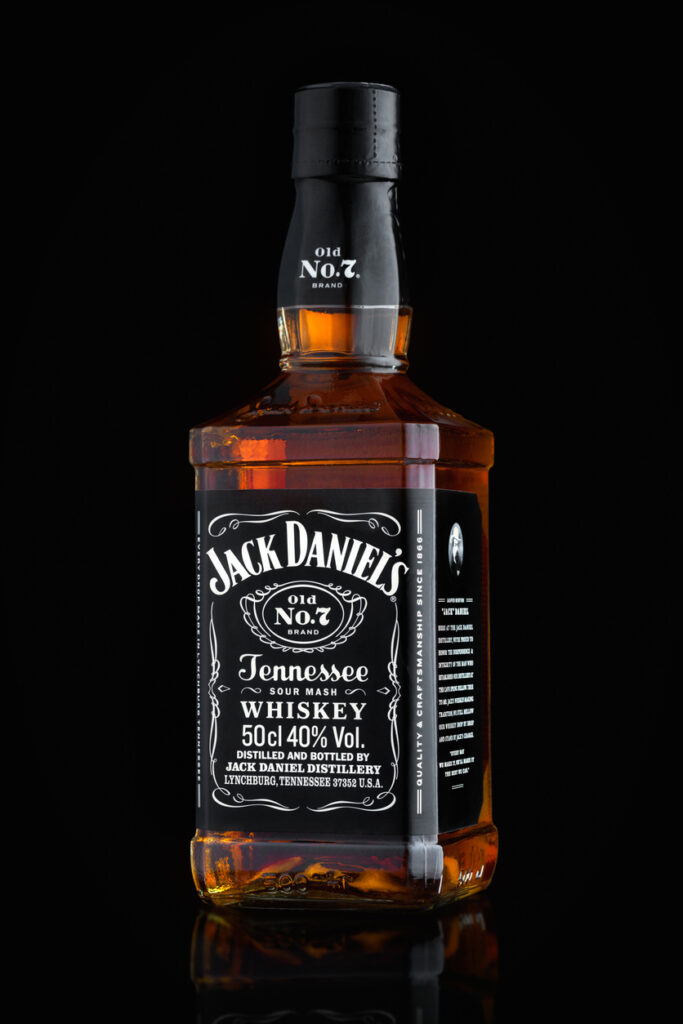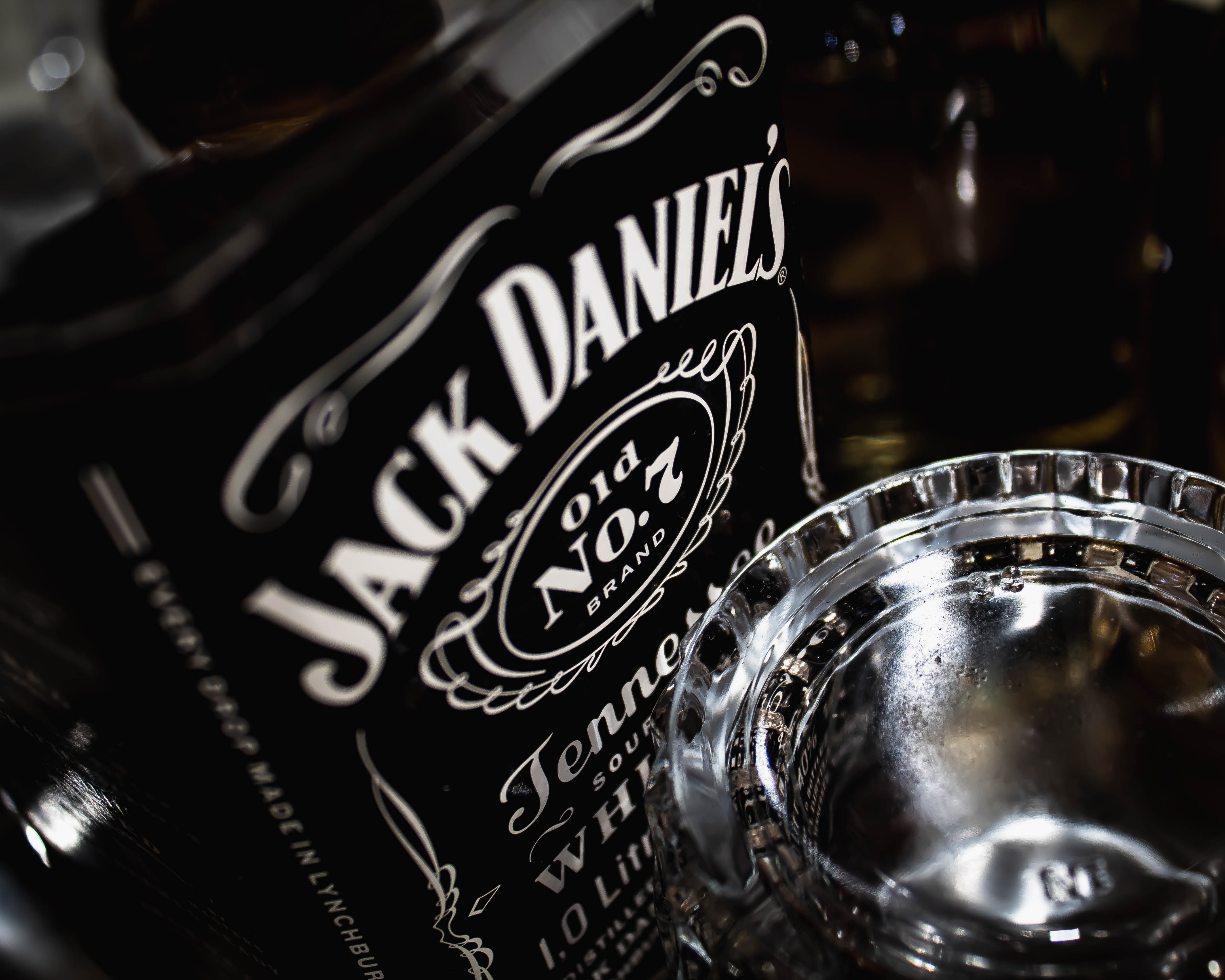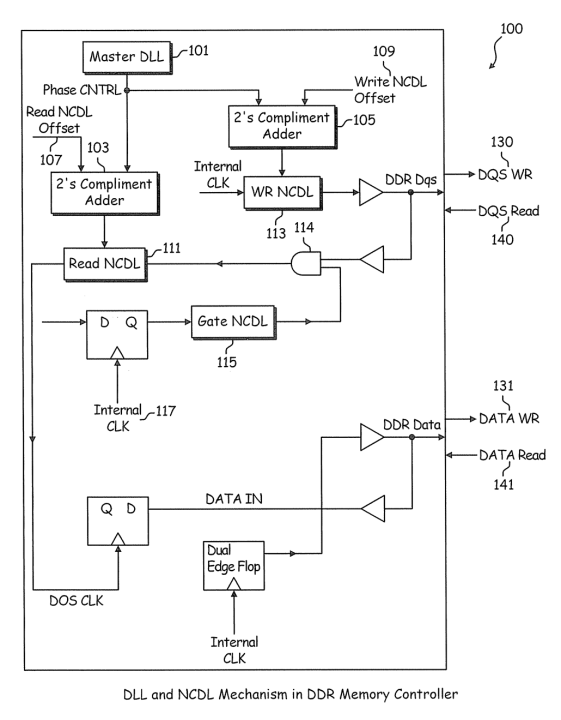The Supreme Court heard a trademark infringement case between Jack Daniel’s and VIP Products LLC on March 22. Jack Daniel’s sued VIP Products over their Bad Spaniels dog toy, which parodies Jack Daniel’s whiskey bottle. The toy replaces the whiskey branding with humorous dog-themed phrases.
The central issue is the conflict between federal trademark rights and an individual’s right to free expression under the First Amendment. The district court found infringement and dilution, while the Ninth Circuit ruled in favor of VIP Products, considering the toy-protected speech.
The main questions before the Supreme Court are whether the Rogers test for First Amendment protection applies to the humorous use of a trademark and whether VIP Product’s parody qualifies as “noncommercial” to preclude dilution claims.
The outcome of this case could have significant implications for the commercial landscape, as it involves major brands and the balance between reputation protection and free expression.
Trademarks are essential for protecting brand identity as they promote recognition, build trust, provide legal protection, contribute to brand value, and support international expansion. By securing and defending trademarks, businesses can safeguard their unique identity, maintain consumer trust, and differentiate themselves in the marketplace.
Background on Jack Daniel’s
The Jack Daniel’s brand holds a prominent position in the whiskey industry, known for its rich history and enduring legacy. Founded by Jasper Newton “Jack” Daniel in Lynchburg, Tennessee, in the 1860s, it is the oldest registered distillery in the United States. Jack Daniel’s whiskey stands out due to its unique production process, including charcoal mellowing, which contributes to its smooth flavor.
Over time, Jack Daniel’s expanded its reach both domestically and internationally, gaining popularity during the Prohibition era and embarking on international expansion in the late 1950s. Today, it is sold in over 170 countries. The brand has become a cultural icon, featured in various forms of media and celebrated for its distinct bottle design with a black label.

Minsk, Belarus – October 3, 2016: Bottle of Jack Daniel’s tennessee sour mash old no. 7 whiskey isolated on black background with reflection. Jack Daniel’s is a brand of Tennessee whiskey and the top selling American whiskey in the world
Trademarks have been instrumental in the success of Jack Daniel’s brand in several ways. Firstly, trademarks such as the bottle design and black label have made the brand easily recognizable and helped it stand out from competitors.
Jack Daniel’s trademarks provide legal protection, safeguarding their reputation, trust, and preventing confusion or infringement. They are crucial for their marketing, establishing brand identity, and attracting customers. Their trademarks have facilitated international expansion, preserving brand equity. Moreover, they enable licensing, diversifying products, generating revenue, and enhancing Jack Daniel’s brand image.
Background on VIP Products
VIP Products is known for its unique and entertaining dog toy products. They have gained popularity for their humorous approach to designing toys that bring joy to both dogs and their owners. With a focus on creating interactive and engaging play experiences, VIP Products has carved out a distinct niche in the pet toy industry.
The company takes a lighthearted approach by incorporating playful and pun-filled themes into its toy designs. Their products often feature clever twists on popular human items or concepts such as “bark-ista” coffee cups and “pawsecco” bottles.
Not only do VIP Products toys provide amusement, but they also prioritize quality and safety. According to their marketing materials, VIP Products understands the importance of durable and well-constructed toys that can withstand the enthusiastic play of dogs. Their products are made from high-quality materials that meet safety standards, ensuring that dogs can enjoy hours of play without compromising their well-being.
The controversy surrounding the trademark infringement allegations is a vinyl version of a Jack Daniel’s whiskey bottle, however, the “Jack Daniels” label is swapped to be “Bad Spaniels.” The toy also features a drawing of a spaniel on the chewy bottle, and instead of promising 40% alcohol by volume, instead promises “43% poo,” and “100% smelly.”
The Trademark Battle Unfolds
In court on March, 22nd 2023 Jack Daniel’s strongly emphasized the significance of consumer confusion as a fundamental aspect of trademark infringement. They presented consumer surveys that demonstrated confusion among consumers regarding the VIP Products dog toy. Furthermore, Jack Daniel’s argued that the toy’s inherent commercial nature, being primarily intended for sale, makes it susceptible to dilution claims.
Jack Daniel’s attorneys argued that the appeals court ruling grants copycats the ability to deceive consumers and exploit trademark holders. They expressed concern that if the ruling stands, companies could flood the market with supposedly unserious products using trademarks they do not own. The attorneys urged the Supreme Court to reverse the decision to prevent such misuse of trademarks and protect consumers from potential deception.
Supreme Court Involvement
The Supreme Court got involved after the 9th District Court ruled in favor of Jack Daniel’s finding infringement and dilution, while the Ninth Circuit ruled in favor of VIP Products LLC, considering the toy-protected speech.
This case has significant implications for the commercial landscape, evident from the range of amicus briefs submitted by major brands as well as the support of the Biden administration in favor of Jack Daniel’s. On the other hand, a group of law professors has expressed support for VIP Products LLC. The brand owners seek to protect their reputation and intellectual property’s goodwill, while advocates of free expression aim to freely showcase their creativity through parodies without the fear of litigation. Both sides must await the Supreme Court’s decision as the justices deliberate on these issues.
The Significance of the Jack Daniel’s vs. Bad Spaniels Trademark Battle: Lessons for Brand Protection and Intellectual Property Rights
When a company sues another company over trademark infringement, there are several legal and intellectual property issues at stake. The primary concern is whether VIP Products’ use of a similar or identical trademark creates a likelihood of confusion among consumers. Jack Daniel’s must establish the validity and strength of their trademark, demonstrate the similarity between the marks, and provide evidence of actual confusion or the likelihood of confusion. VIP Products may present defenses such as lack of likelihood of confusion, fair use, or genericness. If infringement is proven, remedies may include injunctions, monetary damages, and the destruction of infringing materials. International considerations may arise if the parties operate in different countries, requiring an examination of jurisdiction and applicable laws. Seeking guidance from an intellectual property attorney is essential to navigating the specific legal complexities of trademark infringement cases.
As mentioned, this case could have severe implications for the commercial landscape. If VIP Products is found guilty of trademark infringement, it would be a huge win for big brands and their future of protecting their brands. On the contrary, if VIP is found not guilty of patent infringement, it gives smaller companies the green light to continue using parody to promote their own products.
Update: The Jack Daniel’s vs. Bad Spaniels Trademark Ruling is in
On Thursday, June 8th, 2023 the U.S. Supreme Court came to a unanimous decision, siding with Jack Daniel’s in its trademark infringement dispute with VIP Products. This ruling ultimately overturned the lower court ruling that sided with VIP Products. Justice Elena Kagan announced the decision, stating that “We do not decide whether the Rogers test is ever appropriate, or how far the ‘noncommercial use’ exclusion goes,” adding that “the use of a mark does not count as noncommercial just because it parodies, or otherwise comments on, another’s products.”
This is not the first big brand trademark infringement case that the U.S. Supreme Court has seen and it definitely won’t be the last, however going forward it will be interesting to see how this ruling will affect future cases, as well as the commercial landscape as a whole.




